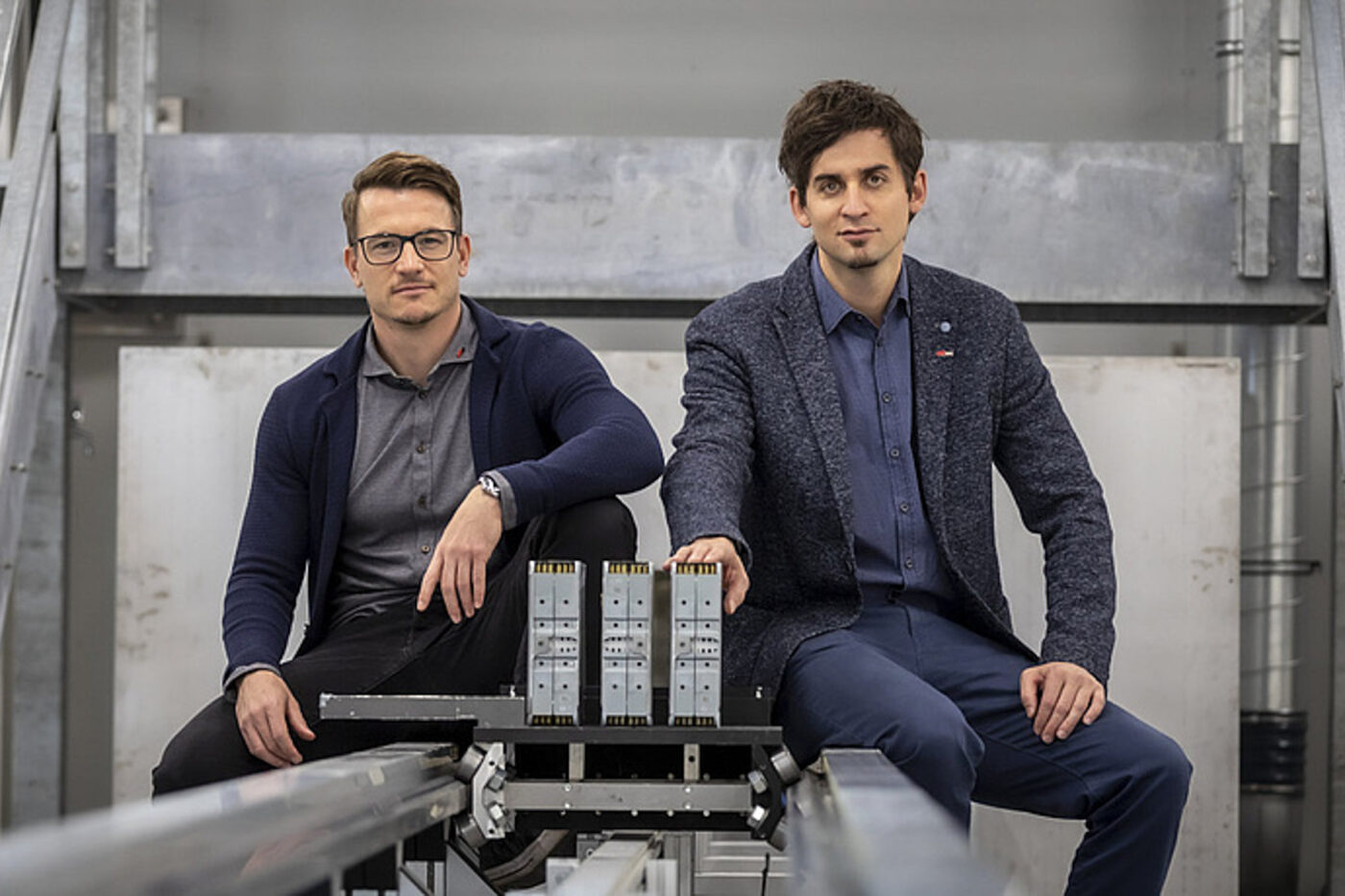TU Graz receives funding for battery research centre
The new facility will see a team led by Christian Ellersdorfer from the Institute for Vehicle Safety conduct research into improving the safety, service life and sustainability of batteries, together with international partners from science and industry. The FFG is funding the project with a total of around 6.5 million euros, the province of Styria is contributing 2.6 million euros and the state of Upper Austria will provide another 600,000 euros. In addition, the corporate partners from the automotive and electronics industries are investing around nine million euros over the planned duration of four years.
Work in the new battery laboratory will initially focus on making batteries safer, extending their service life and making them more sustainable, as the ‘Battery4Life’ name suggests. The research is to help meet the increasing demand for batteries and energy storage systems, as Christian Ellersdorfer explains. “Given the large number of battery types, there is a growing need for research into their safe operation in a wide range of applications and throughout their entire life cycle.” The COMET (Competence Centres for Excellent Technologies) ‘Battery4Life’ builds on the work from the COMET project ‘SafeLIB’ and can also draw on testing capacities from the Battery Safety Center Graz located at campus Inffeld.
In the ‘SafeLIB’ project, the Institute for Vehicle Safety developed new experimental approaches and virtual processes. Now the researchers want to further optimise these approaches in Battery4Life and expand them by including artificial intelligence approaches.
Next to the main team from the Institute for Vehicle Safety at TU Graz, the other scientific partners include several other Graz University of Technology institutes as well as universities and research centres from Austria, Germany, Belgium, France, Switzerland and the USA. Corporate partners include AVL List, AVL DiTEST, Infineon, Fronius, Magna Steyr, Audi, BMW and Porsche.
“I am very pleased about the funding for Battery4Life,” says TU Graz Rector Horst Bischof. “It demonstrates the outstanding expertise in battery research that we have been able to build up at Graz University of Technology together with industrial partners over many years. Together with the HyCentA hydrogen research centre, our Inffeld campus is becoming a hub for energy storage technology.”





0 Comments